The little prince: Charles, coronation and climate change.
Charles finally got his crown, but the kingdom he inherits is spinning apart.
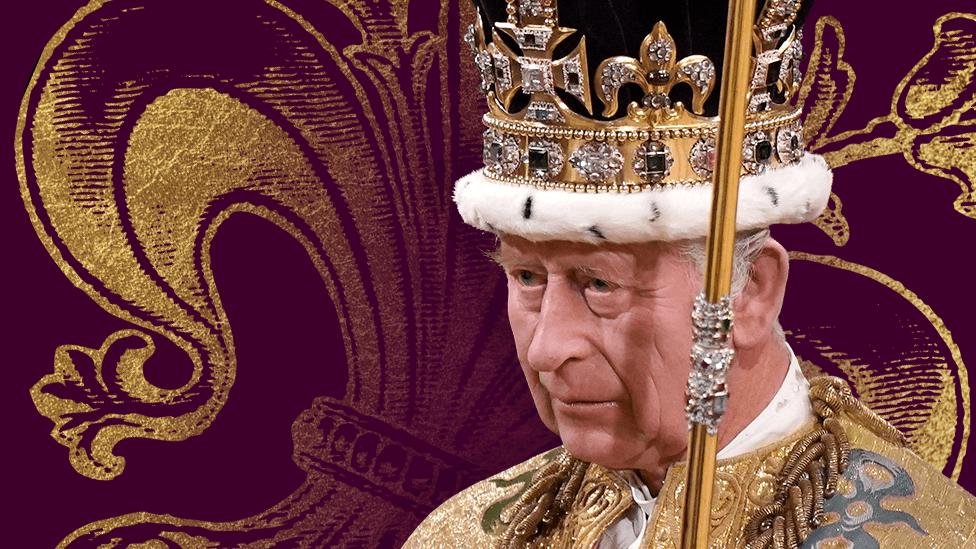
I spent the past weekend telling myself I wasn't going to write an article about the coronation. It's now Monday, and guess what, I'm writing an article about the coronation, at least tangentially. It's more about Charles and the monarchy in the modern world, particularly one that's being radically remade by the twin forces that are driving much of history right now: the resurgence of authoritarianism, and the climate crisis.
The coronation was a big deal for a few, but ignored by most. The man most of us have been conditioned to think of all our lives as "Prince Charles," who became King Charles III of Great Britain last September, officially got the crown he's been waiting for all his life in Westminster Abbey. I didn't watch it. I'm not a fan of Prince, sorry, King Charles or the royal family, but as I'm not British, whether they have a monarch or not isn't really any of my business. The coronation certainly highlighted, once again, the divisive issue of whether the British monarchy should be abolished. Police in the UK were unusually heavy-handed in arresting anti-monarchist demonstrators, evidently going out of their way to make sure that the new king never caught a glimpse of the people who resent that he and his troubled family are living so lavishly off of their tax dollars. A favorite sport in Britain is polling people on potential abolition of the monarchy--as if it's ever going to happen, regardless of public opinion. The latest numbers show that a large majority of young people in particular in the UK think the institution of the royal family is useless and should be done away with. I count a few Brits among my friends; every one of them is strongly anti-monarchist. I would be too if I lived there.
Historically, Charles brings significant baggage to the British throne, and I'm not talking about his personal life, Camilla, or anything that happened with Diana, who has now been dead for a quarter of a century (a third of Charles's lifetime). Both of his namesakes ruled Britain in times of political, social and environmental change. Charles I, of course, was the only English monarch to be executed, in the climax of the English Civil Wars of the 1640s. The struggle over who had political supremacy in England, the crown or Parliament, was one of the teething pains of Britain's transition from the medieval to the modern world. Charles II, son of the first Charles, was the monarch of the Restoration of 1660. His reign is famous for the bawdy antics at his court, but the late 17th century in which he ruled was the beginning of the Enlightenment and pretty much the end of that medieval-to-modern transition period. The Great Fire of London occurred in 1666 during Charles II's reign, a major event in the environmental history of the UK. It wiped away the old medieval city and made way for the modern one which became the seat of the world's largest empire in the succeeding centuries.
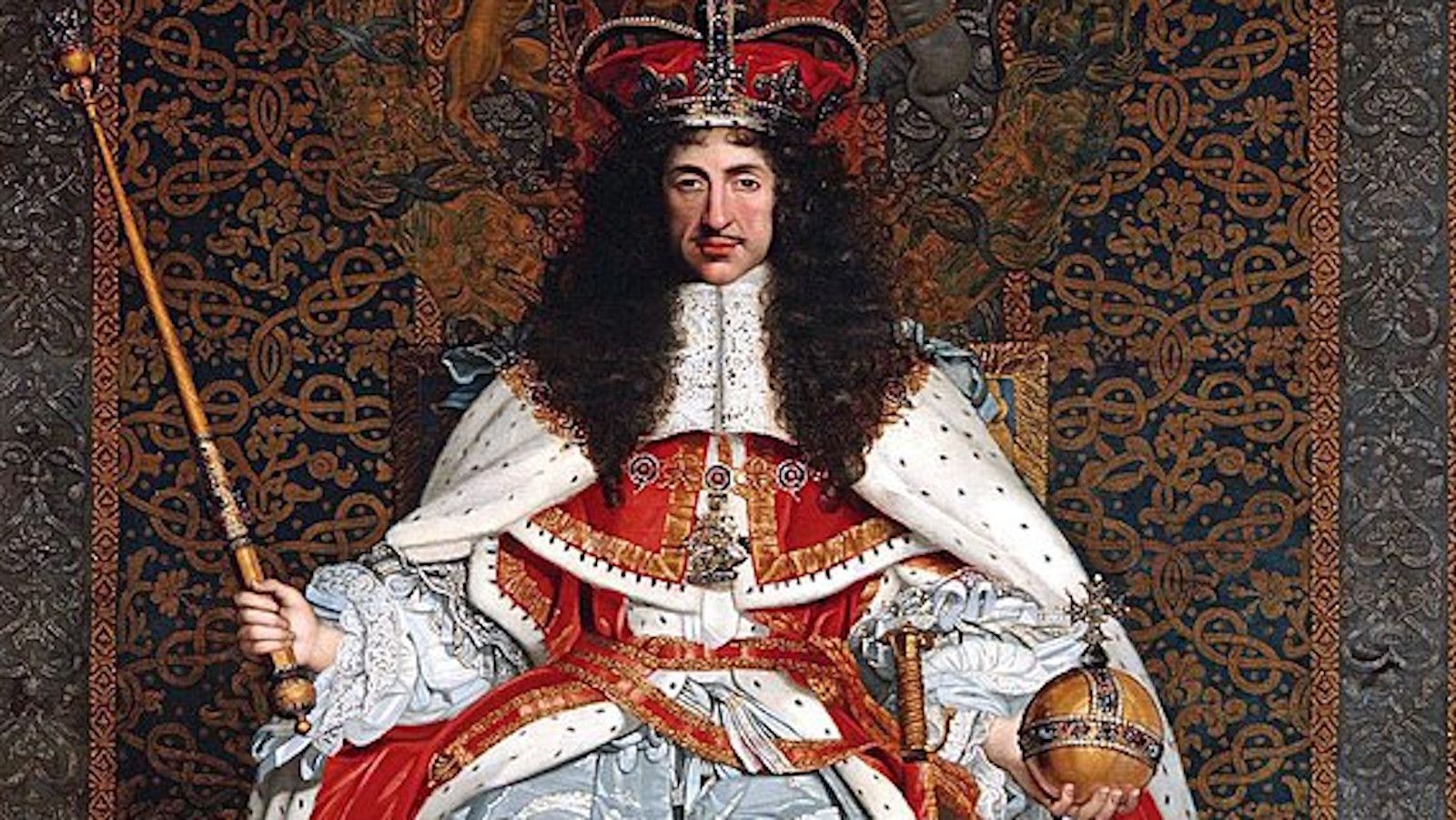
Charles III now reigns in the era of climate crisis. When he was still the little jug-eared prince, Charles associated himself with the issue of global warming, occasionally sounding the public alarm about greenhouse gas emissions and urging the international community to do something about it. Certainly that's good, but I don't expect King Charles III to have much impact, however well meaning he may be in his private views on the matter. The monarchy is the embodiment of wealth, privilege and plutocratic domination of England by its aristocracy. Global warming is a by-product of the processes that built much of that wealth. Medieval England was a society in which the ownership and control of land was the key to wealth and privilege. After the transition over which Charles I and Charles II presided, the main generator of wealth in England was not land but capital. That was built first by slavery and resource extraction from Britain's empire, and then by industrial dominance beginning in the early 19th century. Britain was the birthplace of the Industrial Revolution, whose exhaust fumes have caused climate change. As king, Charles may and probably will push for measures like (totally ineffectual) emissions reduction treaties and such. Will he lend his voice to causes that really count, though--like the total abolition of fossil fuels, which is what absolutely must happen in order to deal with global warming? Not likely.
The little prince may not realize it, but the UK over which he now reigns has already been significantly undone by the climate crisis. People scratch their heads when I tell them that Brexit is really about global warming, and was at least partially caused by it. But it's true. The Syrian civil war was sparked in 2006 by a global warming related drought. That conflict ignited the refugee crisis, which was leveraged by British Euroskeptics--like the fulsome Nigel Farage and his slightly less toxic shadow, Boris Johnson--to achieve their long-standing goal of withdrawing Britain from the European Union. Speaking of long-standing goals, shattering the EU has been one of Vladimir Putin, whose hold on power in Russia rests shakily on the shoulders of Russian oligarchs who are, almost to a man, fossil fuel barons. One of the collateral objectives of Putin's brutal war against Ukraine is to increase Europe's dependence on Russian oil and gas. Putin will literally destroy the world before he allows any significant effort to abolish fossil fuels to gain traction in the international community.
The effects of Brexit are still rippling outward through the UK and the world. While it hasn't happened yet, Brexit may ultimately be the principal cause of the disuniting of the United Kingdom. I'd be shocked if Scotland isn't an independent country--whether by referendum or some other means--within a decade. Northern Ireland is probably going to leave too, as the older generations that tend to skew unionists die off and younger people--you know, those same ones who are alarmed about global warming and want to abolish the UK monarchy--come into political and economic ownership of their country. The Good Friday Agreement of 1998, which Brexit has almost unraveled, provides that Northern Ireland can and will unite with the Republic of Ireland (Southern Ireland) when a majority of Northern Irish desire it. There's even a movement afoot for independence of Wales, though support for that topped out at 46% in 2021 and has gone down since then.
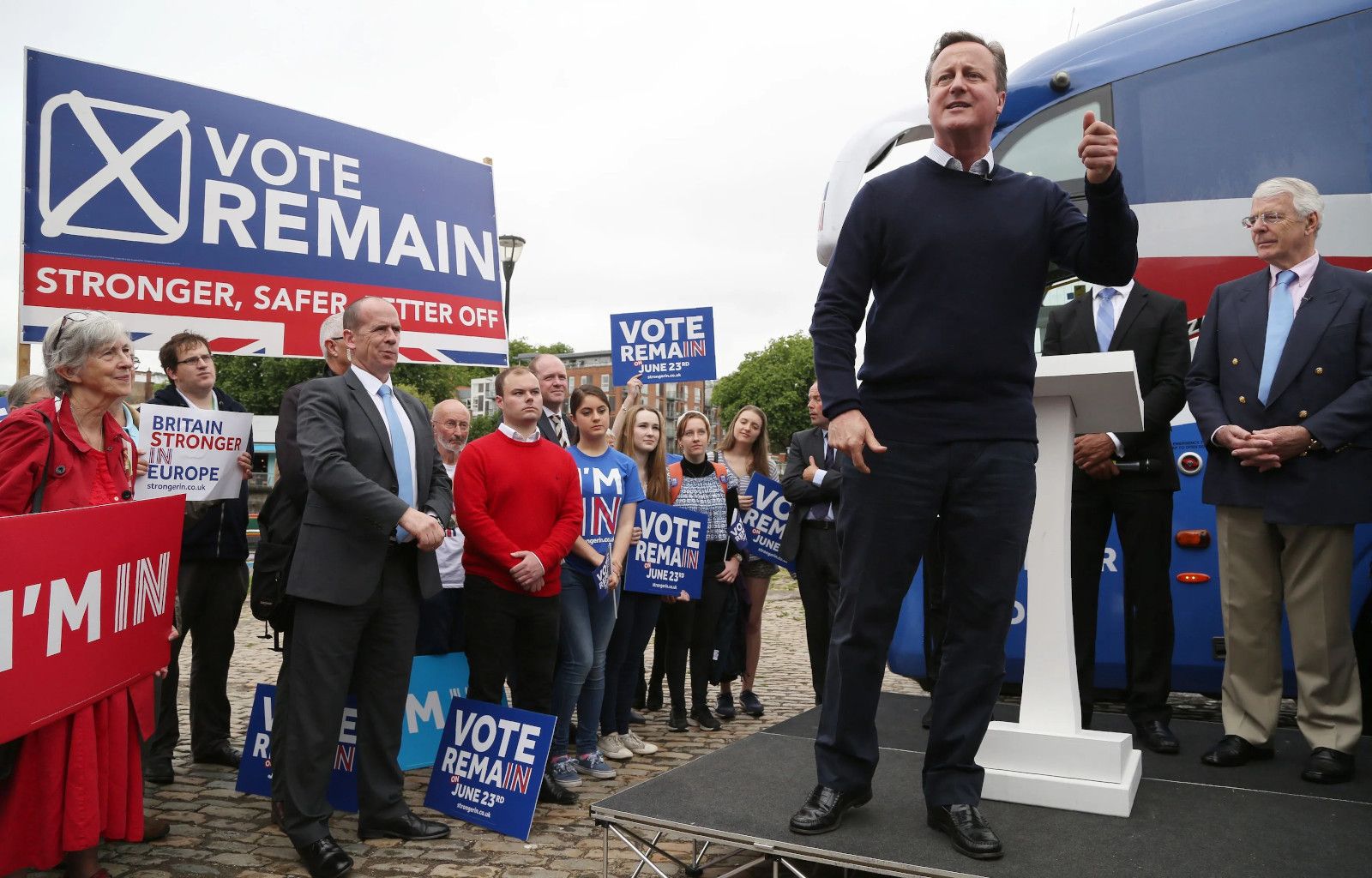
Since it seems likely that Scotland and Northern Ireland will spin off from the UK, and it will probably happen on Charles's watch, the little prince who was crowned last weekend may end up as sovereign of a significantly smaller kingdom at the end of his reign than what he has now. Add to this the potential chaos of rising authoritarianism across the Western world. The UK has become not only economically poorer under Tory leadership since 2010, but also less free, more repressive and more autocratic. Britain is now on its second unelected prime minister in a row, and if the Tories had a way of scotching the 2025 election that will undoubtedly sweep them out of power, they wouldn't hesitate to use it. If the United States slides into authoritarianism, which may well happen if Donald Trump or another Republican wins (or steals) the 2024 election, the world will become an even more chaotic place: say goodbye to NATO, for instance, and every Vladimir, Xi or Kim Jong will be freer than they are today to poach their coveted targets such as Ukraine, Taiwan or South Korea. This is the world into which King Charles III will charge wearily to hold together the old British Commonwealth. Keep in mind he's 74. If he lives to be 100, he'll still be king, at least of England, in 2049.
He's got a lot of problems and the future ahead of him isn't too bright, but I can't say I really pity King Charles III. For one thing, I don't care enough about him to pity him. He'll have his polo games, for at least so long as he can still mount a horse, and pleasant winters at Balmoral where he'll be comfortably shielded from the climate-fueled chaos in the rest of the world. I don't think much of Charles as a man. History will be the judge of his measure as a king. Right now, it doesn't look good for him.
The Value Proposition
Why should you be reading this blog, or receiving it as a newsletter? This is why.
☕ If you appreciate what I do, buy me a virtual coffee from time-to-time to support my work. I know it seems small, but it truly helps.
📖 You could also buy my newest book.
🎓 Like learning? Find out what courses I’m currently offering at my website.
📽 More the visual type? Here is my YouTube channel with tons of free history videos.

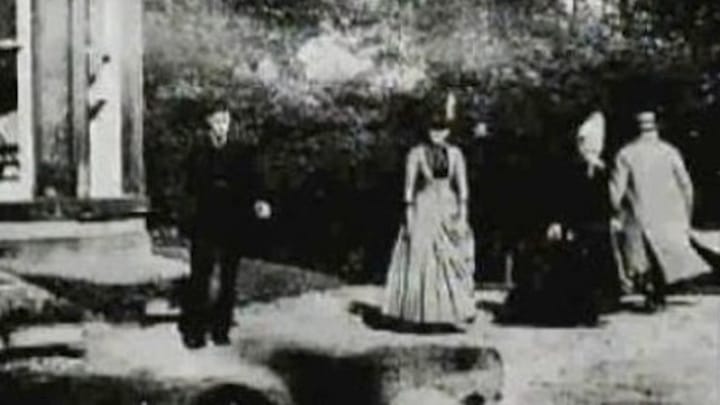
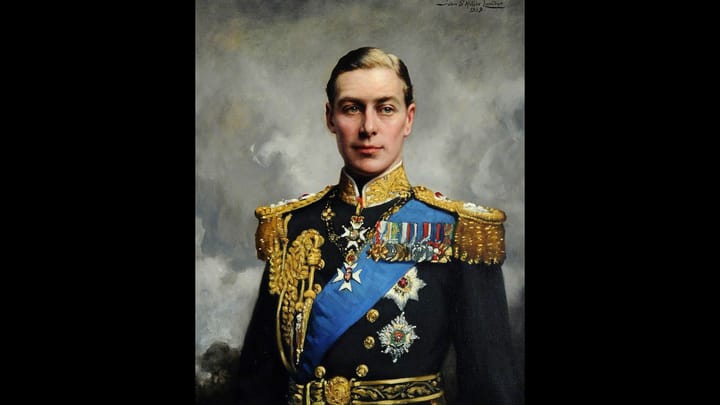
Comments ()